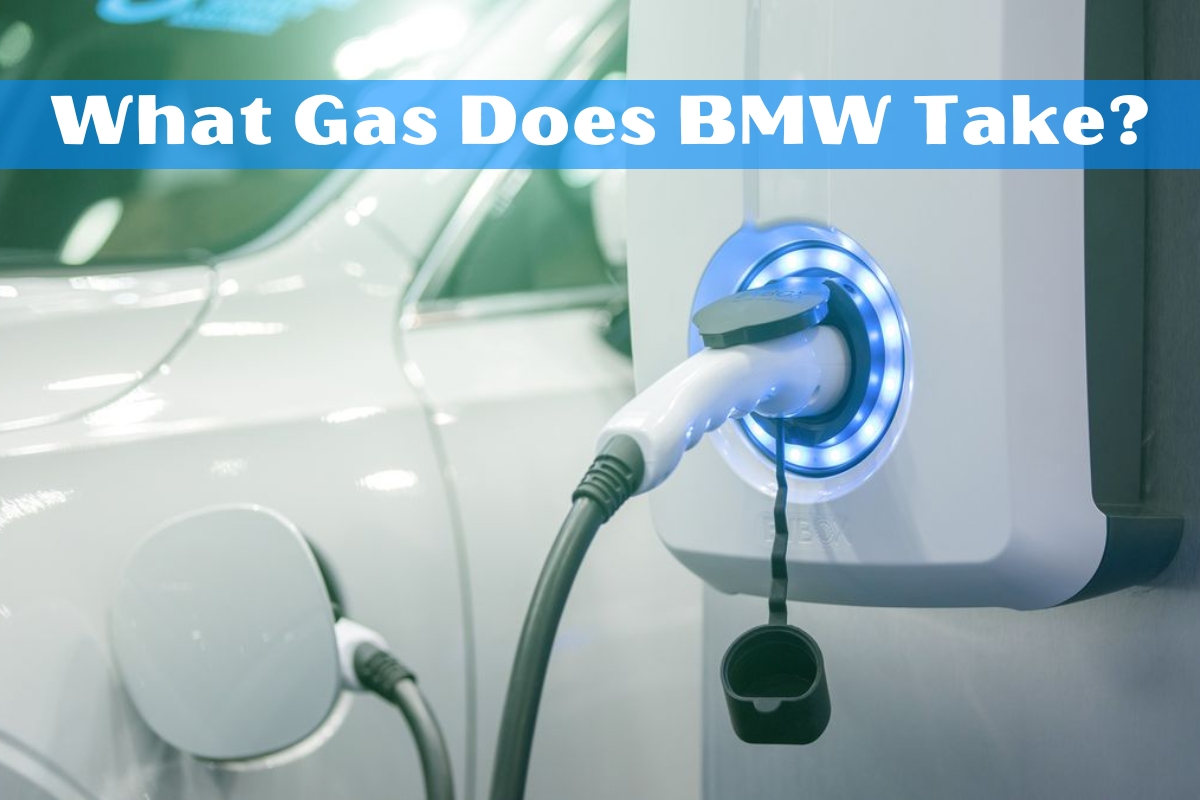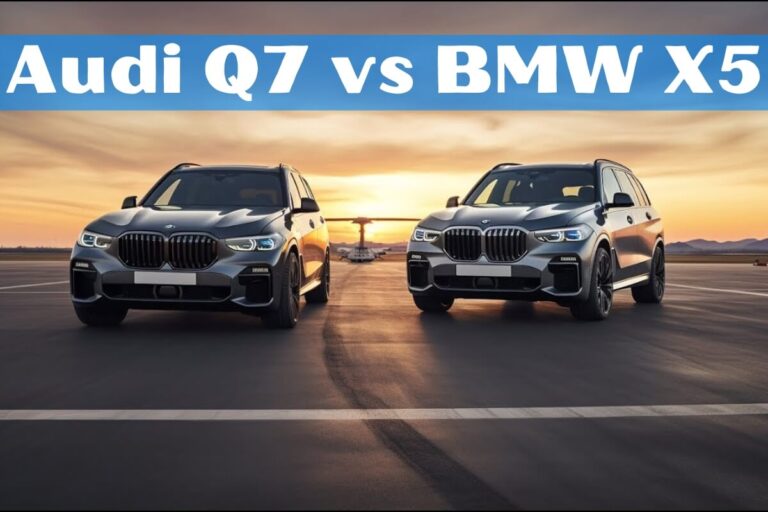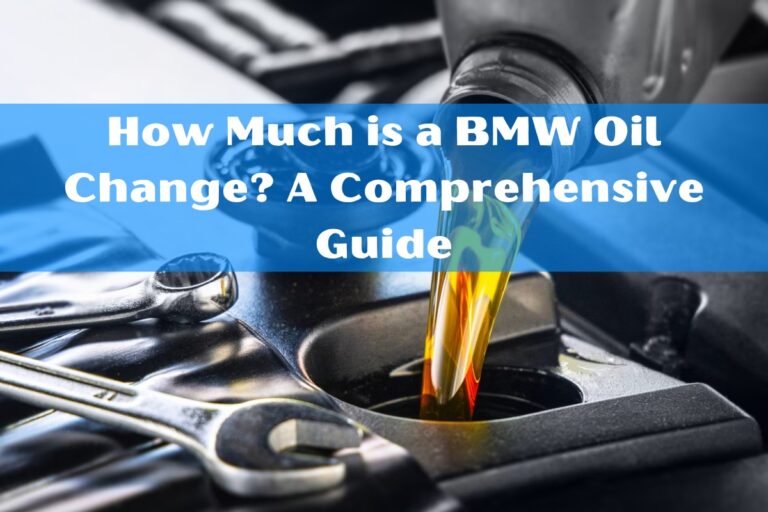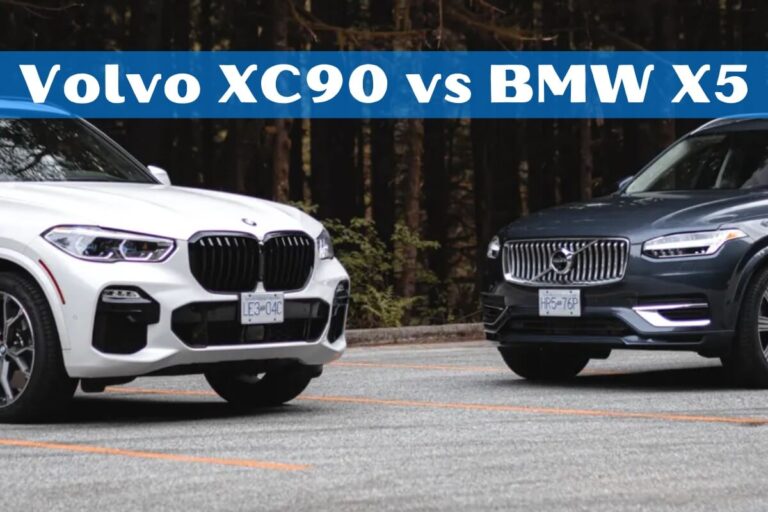What Gas Does BMW Take? The Ultimate Guide

If you own a BMW, you might be wondering what gas does BMW take? Choosing the right fuel for your BMW is crucial to ensure optimal performance, fuel efficiency, and engine longevity. In this comprehensive guide, we’ll dive deep into the topic of fuel recommendations for BMW vehicles.
The short answer is: BMW recommends using premium unleaded gasoline with an octane rating of 91 or higher for most of their vehicles. However, there are some exceptions and nuances that we’ll cover in detail throughout this article.
Here’s what you can expect to learn:
- Understanding octane ratings and fuel types
- What is engine knocking and why it’s important
- BMW’s official recommendations for fuel grade
- Consequences of using lower octane fuel
- Benefits of using premium fuel in BMWs
- Factors influencing fuel requirements
- Fuel recommendations for specific BMW models
- Frequently asked questions about fuel types for BMWs
- The importance of maintaining your BMW with the right fuel
Let’s get started!
Understanding Octane Ratings and Fuel Types
Before we dive into BMW’s fuel recommendations, it’s essential to understand octane ratings and fuel types. Gasoline is typically classified into three categories based on its octane rating:
- Regular Unleaded (87 octane): This is the lowest octane fuel available and is suitable for vehicles designed to run on regular gasoline.
- Mid-Grade Unleaded (88-90 octane): As the name suggests, this fuel falls between regular and premium octane levels.
- Premium Unleaded (91 octane or higher): Premium fuel has a higher octane rating, making it more resistant to engine knocking and better suited for high-performance vehicles.
The octane rating measures a fuel’s resistance to premature combustion or “knocking.” Higher octane fuels can withstand higher compression ratios and ignite more efficiently, resulting in better performance and fuel efficiency.
What is Engine Knocking and Why is it Important?
Engine knocking, also known as detonation, occurs when the air-fuel mixture in the engine’s cylinders ignites prematurely due to excessive heat or pressure. This uncontrolled combustion can cause a knocking or pinging sound and can potentially damage the engine over time.
BMW engines, particularly those with high compression ratios or turbochargers, are designed to run on premium fuel to prevent engine knocking. Using lower octane fuel in these engines can lead to knock, reduced performance, and potential engine damage in the long run.
BMW’s Recommendations for Fuel Grade
BMW’s official recommendations for fuel grade are clearly stated in the owner’s manual of each vehicle. Here’s a general overview:
- Recommended Fuel Grade: BMW recommends using premium unleaded gasoline with an octane rating of 91 or higher for most of their vehicles.
- Minimum Fuel Grade: If premium fuel is not available, BMW allows the use of regular unleaded gasoline with an octane rating of 89 or higher as a temporary solution. However, this may result in reduced performance and fuel efficiency.
It’s important to note that BMW’s recommendations may vary slightly for specific models, so it’s always best to consult your owner’s manual or contact a BMW dealer for the most accurate information.
Consequences of Using Lower Octane Fuel
While BMW allows the temporary use of regular unleaded gasoline (89 octane or higher) in their vehicles, using a lower octane fuel than recommended can have several consequences:
- Reduced Performance: Lower octane fuel can cause the engine’s knock sensors to retard the ignition timing, leading to a noticeable decrease in power and acceleration.
- Lower Fuel Efficiency: When the engine’s timing is retarded to prevent knocking, it may result in incomplete combustion, reducing fuel efficiency.
- Engine Damage: Prolonged use of lower octane fuel can lead to excessive engine knocking, potentially causing damage to internal components such as pistons, cylinders, and spark plugs.
- Voided Warranty: Using fuel with an octane rating lower than the recommended minimum can void your BMW’s warranty, as it goes against the manufacturer’s specifications.
While using regular unleaded gasoline occasionally may not cause immediate damage, it’s generally recommended to follow BMW’s fuel recommendations to ensure optimal performance and protect your investment.
Benefits of Using Premium Fuel in BMWs
Using premium unleaded gasoline with an octane rating of 91 or higher in your BMW can provide several benefits:
- Improved Performance: Premium fuel allows the engine to operate at optimal timing and compression ratios, resulting in better acceleration, responsiveness, and overall power output.
- Enhanced Fuel Efficiency: Higher octane fuel can lead to more complete combustion, potentially improving fuel efficiency, especially in high-performance engines.
- Engine Protection: Premium fuel’s higher octane rating helps prevent engine knocking, reducing the risk of damage to internal components.
- Longer Engine Life: By following BMW’s fuel recommendations, you can help ensure the longevity of your engine and minimize the need for costly repairs down the road.
While premium fuel may cost slightly more at the pump, the benefits it provides in terms of performance, fuel efficiency, and engine protection can make it a worthwhile investment for BMW owners.
Factors Influencing Fuel Requirements
Several factors can influence a BMW’s fuel requirements, including:
- Engine Type: Naturally aspirated engines typically have lower compression ratios and may be able to run on regular unleaded gasoline, while turbocharged or high-performance engines often require premium fuel.
- Compression Ratio: Engines with higher compression ratios require higher octane fuel to prevent knocking and ensure optimal performance.
- Turbocharging: Turbocharged engines generate higher cylinder pressures, necessitating the use of premium fuel to avoid detonation and engine damage.
- Engine Modifications: Any modifications or performance enhancements to the engine, such as tuning or aftermarket components, may require the use of premium fuel to accommodate the increased demands.
It’s essential to consult your BMW’s owner’s manual or speak with a certified BMW technician to understand the specific fuel requirements for your vehicle, especially if you’ve made any modifications or upgrades.
Fuel Recommendations for Specific BMW Models
While the general recommendation is to use premium unleaded gasoline with an octane rating of 91 or higher, BMW’s fuel requirements can vary slightly depending on the specific model. Here are some examples:
- BMW 3 Series: Premium unleaded gasoline (91 octane or higher) is recommended for most 3 Series models, except for the 320i and 330i, which can run on regular unleaded (87 octane) with a slight decrease in performance.
- BMW 5 Series: Premium unleaded gasoline (91 octane or higher) is required for optimal performance in all 5 Series models.
- BMW X3 and X5: Premium unleaded gasoline (91 octane or higher) is recommended for all X3 and X5 models, including the high-performance variants like the X3 M and X5 M.
- BMW M Series: All M models, such as the M3, M4, and M5, require the use of premium unleaded gasoline (91 octane or higher) due to their high-performance engines and turbocharging.
Remember, these are general recommendations, and it’s always best to consult your specific vehicle’s owner’s manual or contact a BMW dealership for the most accurate and up-to-date information.
Frequently Asked Questions
Here are some frequently asked questions about fuel types for BMWs:
Can I use regular unleaded gasoline (87 octane) in my BMW?
While BMW allows the temporary use of regular unleaded gasoline (89 octane or higher) in most models, it is not recommended for long-term use. Using regular gasoline can result in reduced performance, lower fuel efficiency, and potential engine damage over time.
Is it okay to mix different octane levels of fuel in my BMW?
It is generally not recommended to mix different octane levels of fuel. Doing so can result in an inconsistent octane rating, which may cause engine knocking or other issues. It’s best to fill up with the recommended octane level for your BMW.
Will using premium fuel improve my BMW’s fuel economy?
While premium fuel may not directly improve fuel economy, it can help your BMW’s engine operate more efficiently, potentially leading to better fuel efficiency compared to using lower octane fuel.
Can I use diesel fuel in my BMW if it has a gasoline engine?
No, you should never use diesel fuel in a BMW with a gasoline engine, as it can cause significant damage to the engine and fuel system. Diesel fuel is only intended for use in BMW models equipped with diesel engines.
What happens if I accidentally put the wrong fuel in my BMW?
If you accidentally put the wrong fuel in your BMW, it’s crucial to not start the engine. Instead, you should contact a BMW dealership or a reputable towing service immediately. They can assist you in properly draining the incorrect fuel and refilling the tank with the recommended fuel type. Starting the engine with the wrong fuel can cause severe damage and may require extensive repairs.
Maintaining Your BMW with the Right Fuel
Choosing the right fuel for your BMW is not just about following the manufacturer’s recommendations – it’s also about protecting your investment and ensuring the longevity of your vehicle. By using premium unleaded gasoline with the recommended octane rating, you’ll be taking an important step in maintaining your BMW’s performance, efficiency, and overall health.
Consistently using the wrong fuel can lead to a range of issues, including:
- Reduced engine power and acceleration
- Decreased fuel economy
- Engine knocking and potential damage
- Voided warranty coverage
Conversely, using the recommended premium fuel can offer numerous benefits, such as:
- Optimal engine performance and responsiveness
- Improved fuel efficiency
- Protection against engine knocking and premature wear
- Longer engine life and reduced maintenance costs
Remember, your BMW is a precision machine engineered to deliver an exceptional driving experience. By following the manufacturer’s fuel recommendations, you’ll be ensuring that your vehicle operates at its best, providing you with the ultimate driving pleasure for years to come.
Conclusion
In this comprehensive guide, we’ve covered the importance of using the right fuel for your BMW. From understanding octane ratings and fuel types to exploring the consequences of using lower octane fuel and the benefits of premium gasoline, we’ve provided you with the knowledge you need to make an informed decision.
To summarize, BMW recommends using premium unleaded gasoline with an octane rating of 91 or higher for most of their vehicles. This recommendation is based on factors such as engine type, compression ratio, and turbocharging, which can influence a vehicle’s fuel requirements.
While it may be tempting to save a few dollars at the pump by using regular unleaded gasoline, doing so can lead to reduced performance, lower fuel efficiency, and potential engine damage over time. By following BMW’s fuel recommendations, you’ll be ensuring optimal performance, protecting your investment, and enjoying the ultimate driving experience your BMW was designed to deliver.
Remember, your BMW is a high-performance machine, and treating it with the proper care and attention, including using the right fuel, is essential for its longevity and your driving pleasure. So, the next time you pull up to the gas station, make the wise choice and fill up with the recommended premium unleaded gasoline for your BMW.






